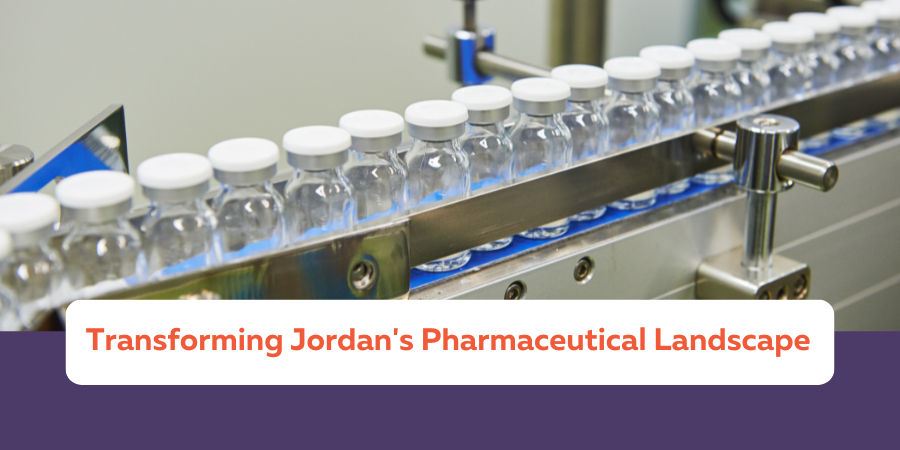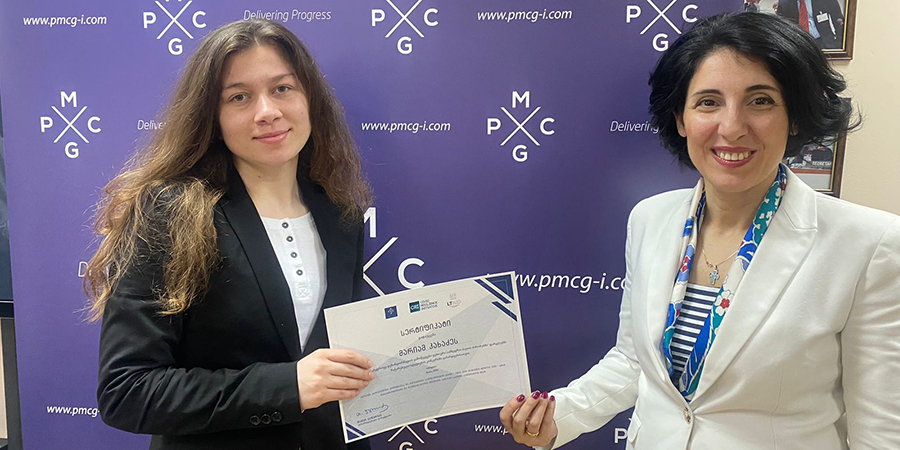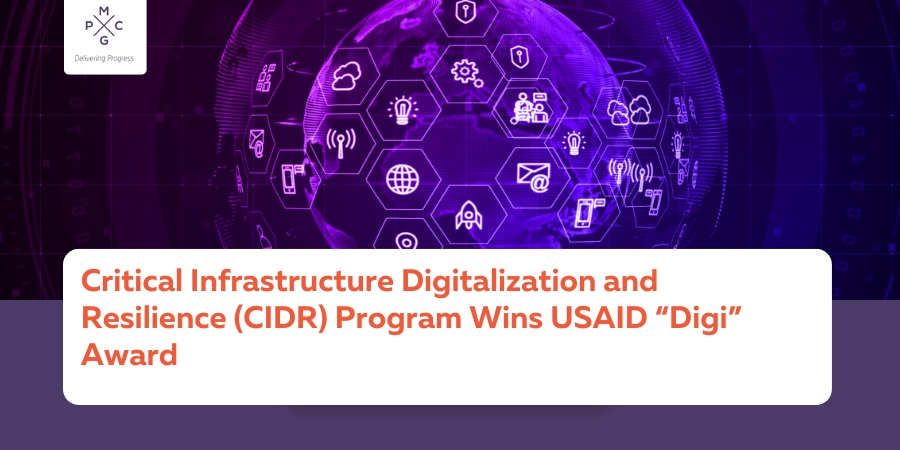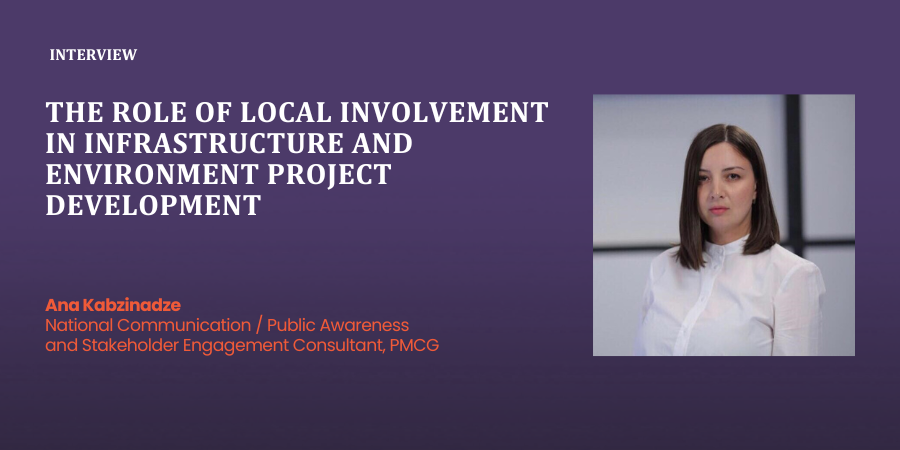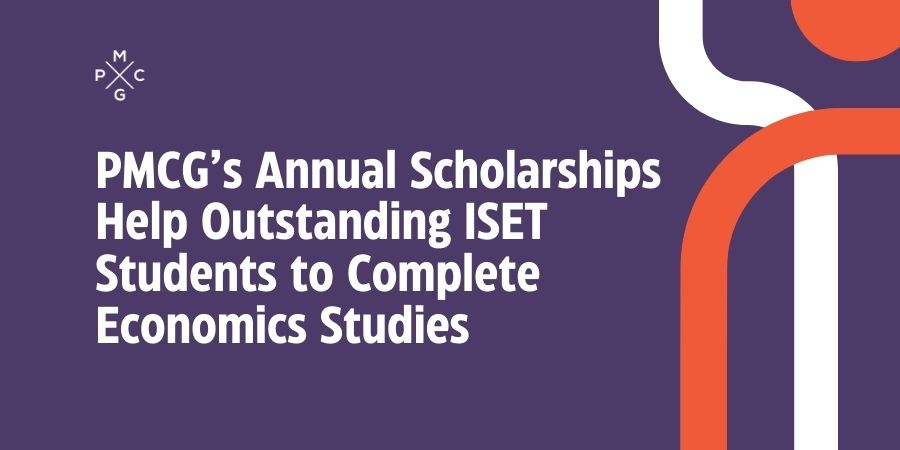Aquaculture Workshop Bolsters Sector’s Continuing Growth
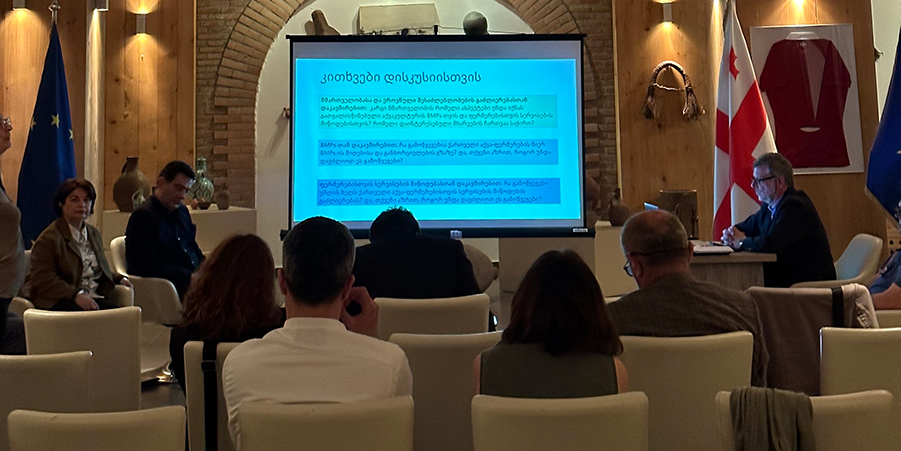

The “Workshop on Aquaculture Governance Good Practice and National Capacity Building” was held in Tbilisi on 25-26 April 2024 at the Ministry of Environmental Protection and Agriculture (MEPA) in cooperation with the Ministry’s Aquaculture Development Division (ADD).
Specifically, the workshop was part of the Aquaculture Component of the EU-funded “Support to Environmental Protection and Fight against Climate Change in Georgia” project, in which PMCG is a subcontractor of NIRAS – IP Consult.
Of note, the project is running in collaboration with the Government of Georgia (GoG), in partnership with the European Union (EU), the Food and Agriculture Organization (FAO), and the General Fisheries Commission for the Mediterranean (GFCM).
Starting from June 2022, with the collective aim of fostering the sustainable development of aquaculture, numerous impactful measures have already been taken under the project. In particular, these have included the provision of technical assistance, the acquisition of laboratory equipment, and capacity-building programs.
Aquaculture Governance and National Capacity Building
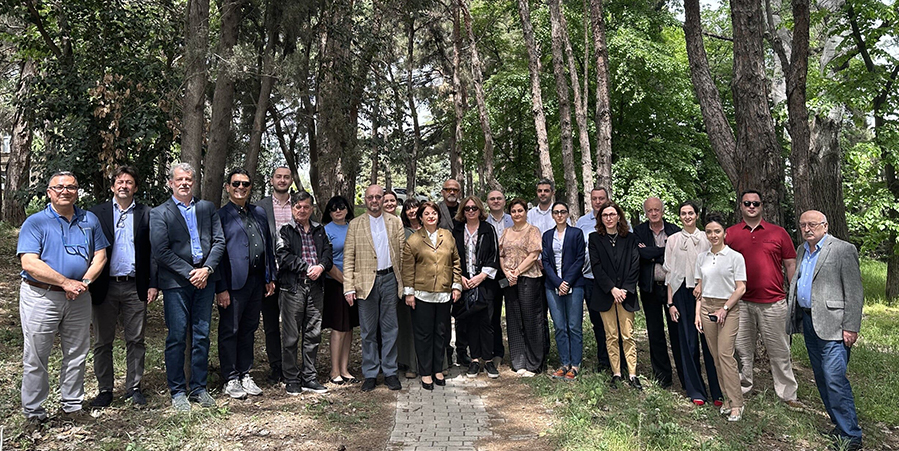
The workshop served as an opportunity to discuss some of the key topics addressed by the project, and to review its achievements and results so far.
Notably, PMCG’s domestic and international aquaculture consultants took part in the workshop, along with representatives of the MEPA, the National Environmental Agency (NEA), the National Food Agency (NFA), Georgian Amelioration (GA), the FAO, the GFCM, and the Georgian Fish Farmers’ Association (GFFA). In addition, farmers from the aquaculture management area (AMA) case study as well as other aquaculture stakeholders were also involved.
On its first day, the workshop entailed both presentations and focused discussions, covering the following areas: good governance in aquaculture; food safety, biosecurity, and aquatic animal health in aquaculture; development of aquaculture BMPs; the AMA’s prospects and achievements; and the role of the FAO.
Thereafter, participants were assembled into clusters to discuss the cross-cutting prospects of good governance in aquaculture and national building capacity, with the outcomes of such debates summarized on the second day of the workshop.
One of the participants, Jumber Maruashvili, Senior Policy Advisor at FAO Georgia, shared his outlook on the sector’s development and his organization’s role therein: “Aquaculture in Georgia boasts a long-standing tradition and holds significant potential for growth and consolidation through the implementation of strategic actions aimed at enhancing all of its aspects. Of note, with the support of the European Union under ENPARD, FAO Georgia has contributed to the development of the Aquaculture Law and the strategic framework for the sustainable development. Throughout this process, we established fruitful cooperation with another EU-funded project implemented by NIRAS. Also, by finding synergies and joining forces with them, we have successfully implemented actions leading to the development of the AZA and AMA. These instruments are enshrined in the strategic document, which underscores the importance of the work carried out jointly.”
The Recent but Rapid Development of Aquaculture in Georgia
Importantly, Georgia has made significant advances in aquaculture development over recent years, recognizing the sector’s potential to bolster the rural economy and ensure a steady supply of protein and nutrition.
A pivotal point in this regard came in 2020, with the adoption of the Aquaculture Law, accompanied by supplementary legislation. Essentially, this marked the inception of aquaculture as a substantial industry in the country. Since then, national authorities and international organizations alike have worked together on various initiatives to accelerate the sector’s growth.
Such efforts have included aquaculture spatial planning through allocated zones for aquaculture (AZAs) and the AMA.
Coupled with national capacity building, this synergic approach involving various partners ensures that aquaculture develops in line with environmental conservation goals, complies with relevant national and international standards, and meets the socio-economic needs of aquaculture farmers.
